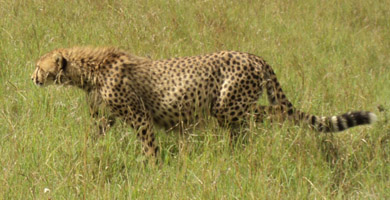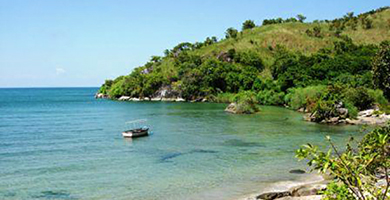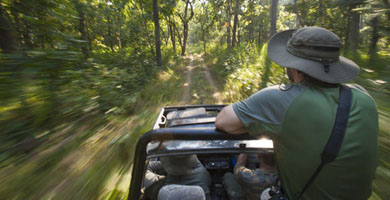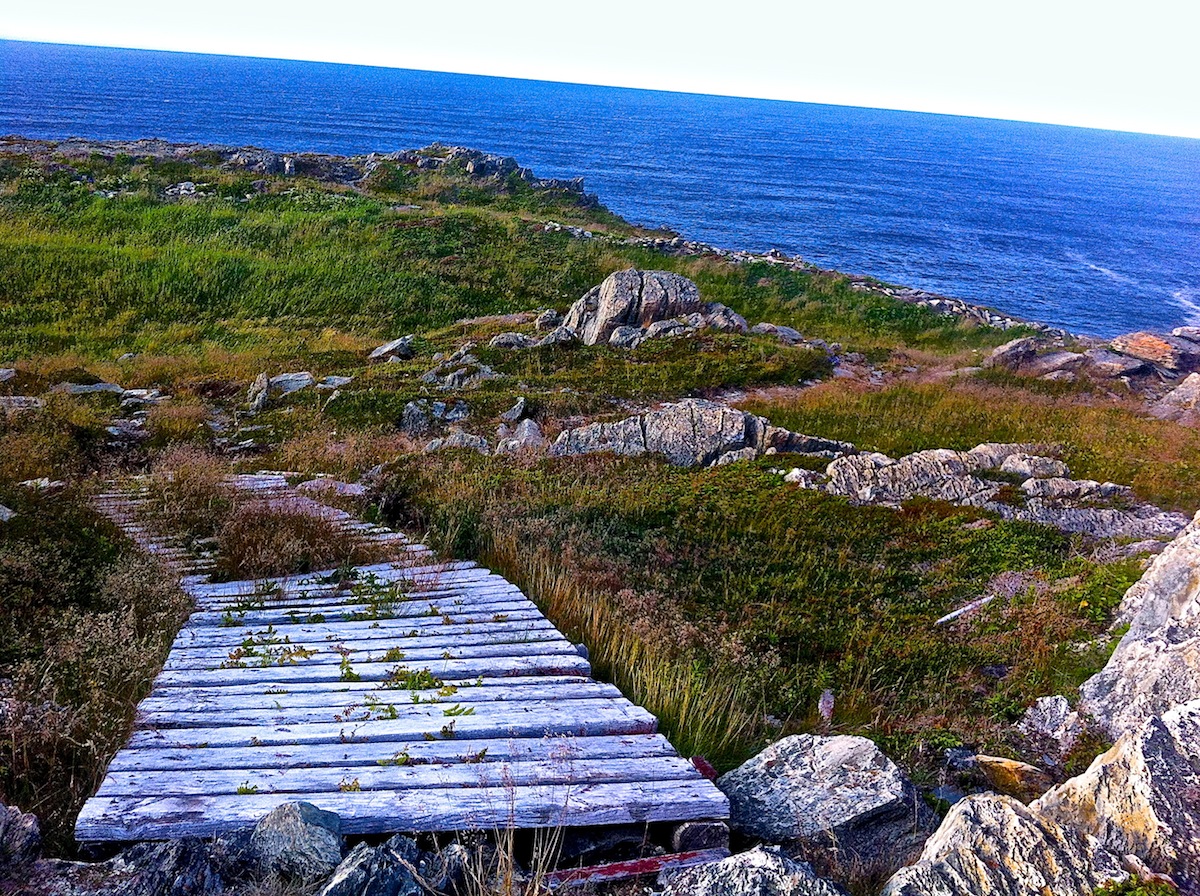KENYA: Where The Wild Things Were
As Kenya’s poaching crisis reaches a critical stage, Suzan Crane shares how “Richard’s Camp” and the “Mara Elephant Project” are saving elephants.
If an African safari is on your bucket list, you may want to move it up a notch if you hope to see exotic wildlife in all its endemic glory. With rhinos and elephants still recovering from the last wildlife holocaust three decades ago, the twin scourge of illegal poaching and escalating human-animal conflict is again threatening survival of these endangered species. And Nature’s canvass devoid of the majestic beasts would sort of be like the Mona Lisa without her iconic smile – just not as it was intended. Why mess with the Master’s perfect brushstrokes? But as I learned during my recent visit to Kenya’s famed Masai Mara, the burgeoning problem is doing just that… messing with the natural order of things. Luckily, the opposition is rallying.
MARA ELEPHANT PROJECT
In 2011 the Mara Elephant Project was established to combat the dual dilemma impacting Masai Mara’s elephant population. Founded by Richard Roberts, owner of two exclusive eponymous tented camps, the non-profit works with such organizations as the Kenya Wildlife Service (KWS), US-based Escape Foundation, and Save The Elephants to monitor collared elephants and patrol the territory. Although MEP maintains two roving security teams, a network of paid informants, and addresses animal casualties through a veterinarian provided by the Sheldrick Foundation, air coverage and additional units are desperately needed to adequately safeguard the region. As such, I’m happy to know that my conservancy fees and lodging tariff help support these crucial efforts.
RICHARD’S CAMP
I spent three nights at the “original” Richard’s Camp in the Ol Chorro Conservancy, a compound surrounded by bush where six tastefully-decorated canvas suites ring well-tended grounds that melt into the vast savannah. Defined by its secluded tranquility, comfort and hospitality, guests are greeted each morning by grazing wildlife just meters from the tent’s portico with nature’s symphony sound-tracking serene starlit evenings. Open-air communal dining and a cozy fireplace-embellished lounge foster an attentive yet casual ambiance, while a bear-clawed tub tucked into the woods offers a relaxing way to commune with nature or savor a romantic candle-lit soak. Knowledgeable guides ensure fruitful and adventurous game drives after which catered bush dinners are often hosted in remote corners of the Conservancy. All said, Roberts and his crew welcome first time, repeat and even celebrity visitors in an accommodating, laid-back manner conducive to both the camp’s high standards and environmentally-friendly mandate.
UNDERSTANDING THE CRISIS
In the Mara, the human-animal conflict derives from the adoption of agriculture into traditionally pastoralist Masai society, with violence occurring when wildlife unwittingly infiltrates farmland. Meanwhile, the critical poaching resurgence is fuelled by a highly lucrative high-demand illegal ivory trade that purportedly yields up to $7 billion USD a year. Well-organized cartels, allegedly unscrupulous government officials and illicit distribution routes converge to create a malicious machine that has resulted in a “New wave of killing elephants… far graver than the crisis of the 1970s and ‘80s… a situation (that) shows no sign of calming,” wrote Save The Elephants founder Iain Douglas-Hamilton in the January-March (2013) issue of conservation journal SWARA.
A CITES (The Convention on International Trade in Endangered Species of Wild Fauna and Flora) report in June 2012 documented the highest African poaching numbers in a decade and the most ivory seizures recorded since 1989 – the majority intercepted in Kenya and Tanzania. The report further states that the contraband ivory industry has more than doubled globally since 2007 and is three times larger than in 1998. At CITES’ international convention held in Bangkok last March, the aforementioned were two of the eight African and Asian nations targeted for not adequately curtailing these criminal activities. In response, the Kenyan government passed an emergency amendment to its Wildlife Act on May 22, 2013 augmenting the number of rangers and dramatically raising penalties for killing wildlife — especially elephants and rhinos. Wildlife offenses are now equal to those perpetrated under the Economic Crimes’ Act, the Organized Crime Act and the Anti-Terrorism Crime Act. New sentences of up to 15 years in jail and/or a fine of up to 10 million Kenya Schilling (approximately $119,000.00 USD) represents a whopping 2500% increase in punishments dictated by the old law– an important victory towards Kenya restoring its position as a global leader in wildlife conservation.
But stemming insatiable Asian demand — particularly amongst China’s newly affluent – is essential in further mitigating the crisis. With many Chinese ostensibly unaware that their prized status-inducing ivory possessions mean death for the animal (some believe that an elephant’s tusks simply fall out as would a child’s tooth), Chinese superstar basketball player Yao Ming and celebrated actress Li Bingbing have hit the airwaves to highlight the critical repercussions of ivory consumerism. All steps in the right direction. Let’s hope the good guys prevail before those who have yet to experience Africa’s remarkable Wild Kingdoms lose the chance to do so.
As this issue cannot possibly be fully examined in such a short narrative, I urge readers to visit the websites listed below for more information.
The following sites are a few of the many resources available:
RICHARD’S CAMP SERVICE INFO:
Website: www.richardscamp.com
Email: richandliz@richardscamp.com or safaris@richardscamp.com
Phone: (Kenya) +254 20 2115453
CONSERVATION ORGANIZATIONS:
Mara Elephant Project/Escape Foundation – www.escapefoundation.org
Save The Elephants – www.savetheelephants.org
CITES (The Convention on International Trade in Endangered Species of Wild Fauna and Flora) – www.cites.org
Images courtesy of Richard’s Camp and Eric Hiss.
Latest posts by Suzan Crane
- Tracking Tigers in NEPAL'S Royal Bardia National Park - June 4, 2014
- BALI by the Book: 10th Annual Ubud Writer's Festival - April 4, 2014
- Finding Serenity On The Shores Of LAKE MALAWI, Africa - February 7, 2014









